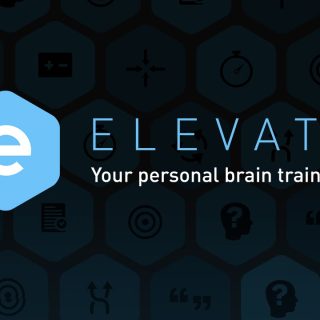EdTech Revolution: Transforming Education in the 21st Century
Educational Technology, commonly known as EdTech, stands at the forefront of a transformative revolution in education. With its innovative tools and digital solutions, EdTech is reshaping the way we teach and learn. In this comprehensive exploration, we delve into the multifaceted impact of EdTech, from personalized learning experiences to global accessibility and the empowerment of educators.
1. Personalized Learning Experiences
EdTech has ushered in an era of personalized learning, where educational content is tailored to individual students’ needs and learning styles. Adaptive learning algorithms analyze students’ performance data, enabling educators to provide targeted support and customized learning pathways. This tailored approach enhances comprehension, boosts confidence, and fosters a lifelong love for learning.

2. Global Accessibility and Inclusivity
Geographical boundaries are no longer barriers to education, thanks to EdTech. Online courses, virtual classrooms, and digital resources are accessible to learners worldwide. This global reach ensures that individuals in remote areas or underserved communities have access to high-quality education. Furthermore, EdTech tools are designed to accommodate diverse learning needs, including students with disabilities, making education truly inclusive.

3. Interactive and Immersive Learning Environments
EdTech creates dynamic and immersive learning environments. Virtual Reality (VR) and Augmented Reality (AR) applications transport students to historical events, natural habitats, or even inside the human body, providing experiential learning opportunities. Gamified platforms engage students through interactive challenges, quizzes, and simulations, making the learning process both enjoyable and educational.
4. Empowering Educators
Educators are empowered by EdTech tools that streamline administrative tasks and enhance teaching methods. Learning Management Systems (LMS) simplify lesson planning, grading, and communication, allowing teachers to focus on creative and interactive teaching approaches. Data analytics tools provide valuable insights into student performance, enabling timely interventions and personalized feedback. Professional development opportunities through EdTech ensure that teachers stay updated with the latest pedagogical practices and technological advancements.

5. Lifelong Learning and Skill Development
EdTech nurtures a culture of lifelong learning by offering a vast array of online courses and resources for learners of all ages. Professionals seeking to upskill or change careers can access specialized training programs, webinars, and certifications. This continuous learning model aligns education with the demands of the ever-evolving job market, equipping individuals with the skills and knowledge necessary for success in diverse fields.
Conclusion
Educational Technology is not merely a tool; it is a catalyst for educational equity, creativity, and innovation. By embracing EdTech, we pave the way for a future where education is personalized, inclusive, and globally accessible. As we harness the power of digital technology to enhance learning experiences, we are shaping a generation of lifelong learners and preparing them for the challenges and opportunities of the 21st century. The EdTech revolution is not just a trend; it is the future of education.








